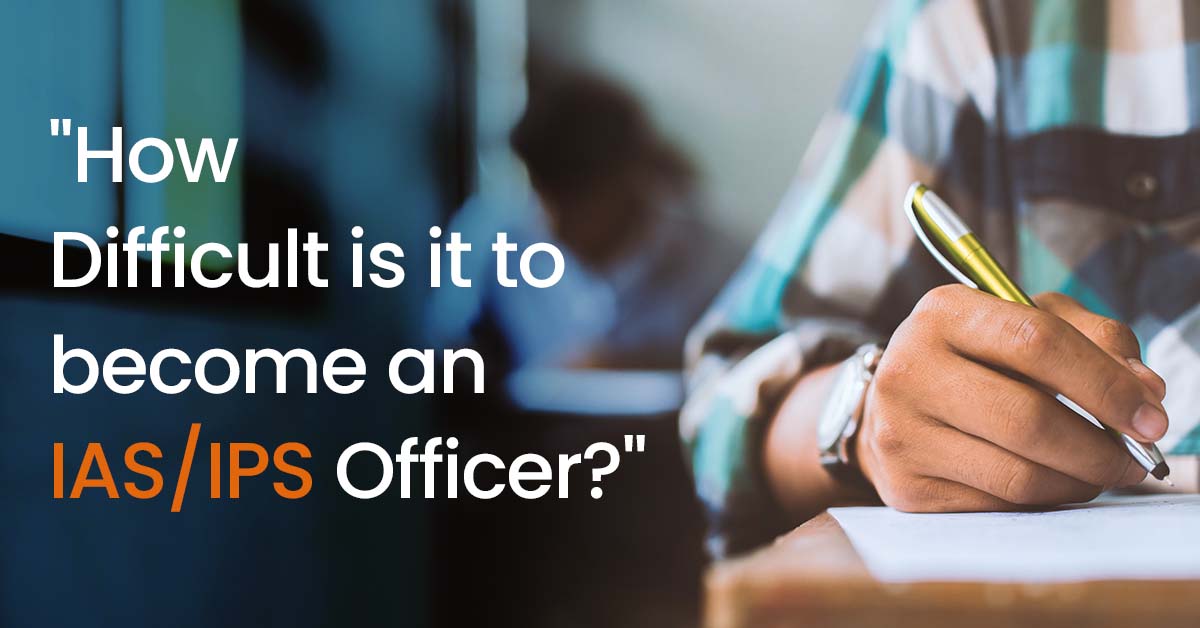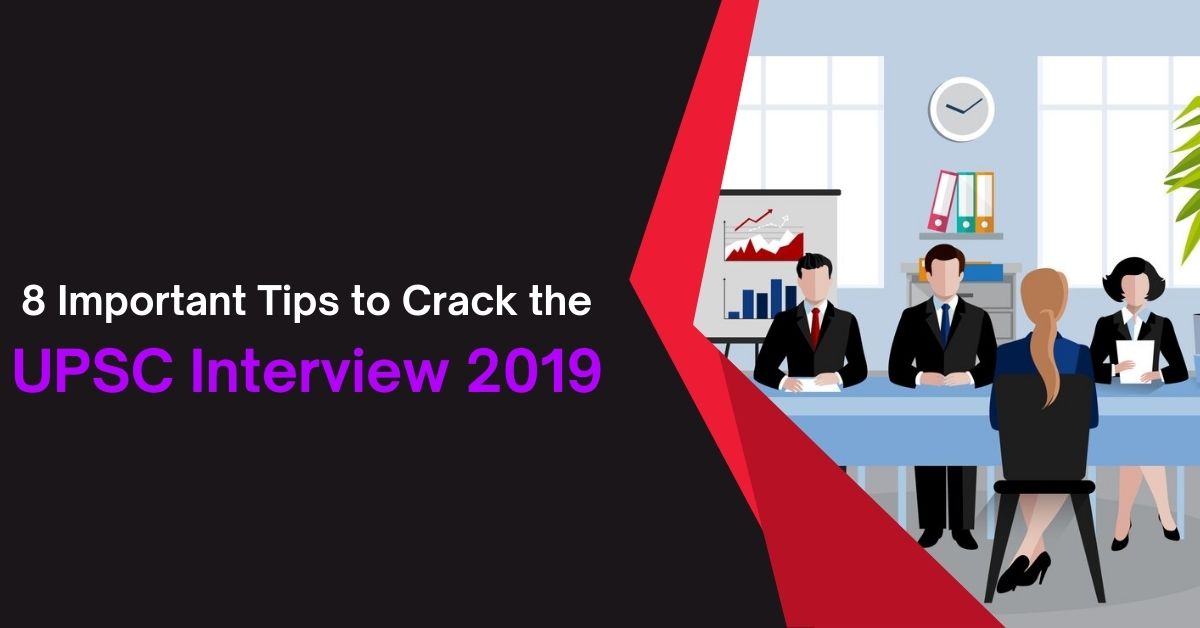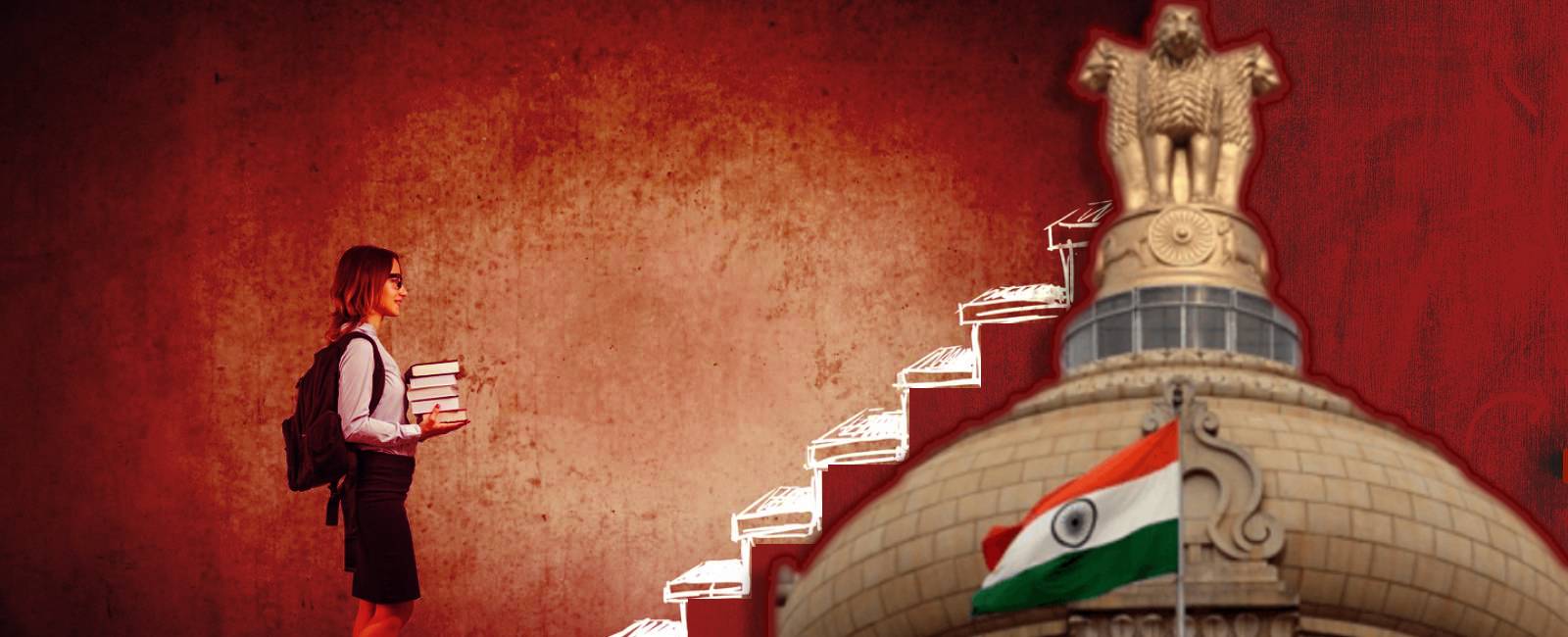Becoming an IAS or IPS officer is one of the most prestigious and sought-after career paths in India. It requires a great amount of hard work, perseverance and dedication to get into this coveted service. The selection process for becoming an IAS or IPS officer is rigorous, often involving a grueling written test, personal interviews and physical fitness tests.
The requirements for becoming an IAS or IPS officer are very stringent and require a lot of effort. Candidates need to have excellent academic credentials, as well as clear the All India Civil Services Examination which is conducted every year by UPSC (Union Public Service Commission). The exam consists of three stages namely Preliminary Exam, Main Exam and Interview. Additionally, candidates must also possess certain other qualities such as physical stamina and mental aptitude to excel in this job role.
Becoming an IAS/IPS
For those aspiring to serve India’s citizens through civil service, the Indian Administrative Service (IAS) and the Indian Police Service (IPS) are two of the most sought-after career choices in the country. IAS and IPS officers play a critical role in upholding order, protecting citizens, implementing government policies, and ensuring that justice is served. Becoming an IAS or IPS Officer requires dedication, commitment and hard work as it involves a long selection process with rigorous eligibility criteria.
The selection process for becoming an IAS or IPS Officer starts with taking the Civil Services Exam conducted by Union Public Service Commission along with IAS coaching for 2023. The exam includes three stages – Preliminary Test (Objective Type), Main Exam (Descriptive Type) and Personality Test/Interview.
Eligibility Criteria: Qualifications, Age Limit
It is widely known that becoming an IAS (Indian Administrative Service) or IPS (Indian Police Service) officer is a difficult task. The path towards this profession requires candidates to meet eligibility criteria, including qualifications and age limits. In order to gain insight into the process of becoming an IAS/IPS officer, it is important to understand the eligibility criteria they must fulfill.
The minimum qualification for becoming an IAS/IPS officer is a bachelor’s degree from a recognized university. The candidate should be between 21-32 years of age in order to sit for the Union Public Service Commission (UPSC) exams. Additionally, any individual who has already taken part in two attempts at UPSC exams must wait one year before being eligible again.
Preparation Process: Exam, Coaching
Becoming an IAS or IPS officer is not easy and requires a great deal of preparation and dedication. It is important to understand the preparation process that one needs to go through in order to succeed. Exam preparation and coaching are two essential components of this process.
Exam preparation involves having a thorough understanding of the exam pattern, syllabus and question paper format. Additionally, it is important to be familiar with all the topics covered in the exam as well as revision strategies with IAS coaching in Delhi that can help maximize performance on test day. Coaching also plays an important role in preparing for these exams by providing useful tips from experienced professionals. It helps candidates get oriented with specific study materials, practice tests and mock interviews that prepare them for the real thing. Furthermore, it also provides guidance regarding time management which is key for effective planning when tackling such complex examinations.
Types of Exams: UPSC, State Level
The Indian Administrative Service (IAS) and the Indian Police Service (IPS) are two of the most sought-after and respected government jobs in India. Those hoping to pursue a career in either service must first pass rigorous examinations conducted by the Union Public Service Commission (UPSC) or state-level public service commissions.
The UPSC conducts a three-stage examination to select candidates for both IAS as well as IPS officers, known as the Civil Services Examination. This exam is notoriously difficult and requires aspirants to possess exceptional knowledge of current affairs, history, politics, society, geography and economics. State-level exams also require an impressive knowledge base but may be slightly easier than UPSC’s exams. In some states, there is a separate written test followed by an interview for selection into IAS or IPS services which can prove equally challenging for aspiring candidates.
Difficulty Levels: Time, Money & Effort
Becoming an IAS/IPS officer is no easy feat; it requires a great deal of time, money and effort. It is an extremely competitive process that takes years of hard work, dedication and countless resources to complete. Every year, thousands of individuals compete for the limited number of positions available in the Indian Administrative Service (IAS) and the Indian Police Service (IPS). To be successful in this endeavor, aspirants must invest a significant amount of their resources into their preparation for the examination.
Time plays a major role in becoming an IAS/IPS officer as candidates need to dedicate numerous hours studying for the exam as well as attending coaching classes or other preparatory activities. Additionally, candidates must also take part in mock tests to help them gauge their rate of progress and get better accustomed with the examination format.
Pros & Cons of the Job
Becoming an Indian Administrative Service (IAS) or Indian Police Service (IPS) officer is thought of as one of the most prestigious and sought-after jobs in India. But what are some of the pros and cons associated with this profession? It’s important to consider both before deciding whether or not to pursue it.
One of the biggest pros is that it provides great job security, along with numerous other benefits like retirement benefits, travel allowances, free housing, etc. It also comes with immense respect from society at large which can be very rewarding. Furthermore, IAS/IPS officers have opportunities to specialize in several different fields while working on various projects throughout their careers. One can also prepare for the same exam being working in a 9-5 job with the IAS coaching working professional courses from the Civil Services reputed coaching institutions
On the downside, however, becoming an IAS/IPS officer requires hard work and dedication over a long period of time.
Conclusion: Right Choice for You?
Becoming an IAS IPS Officer is a challenging yet rewarding process. It requires dedication, hard work and intelligence to be successful. To those who are looking to make this career choice, it is important to know all the elements involved before making a decision. This article has provided an overview of what it takes to become an IAS IPS Officer and how difficult the journey can be.
From the education requirements needed, such as graduating with a degree in any subject from a recognized university to the competitive entrance examinations that must be passed in order to secure a place on one of these prestigious courses – it’s clear that becoming an IAS IPS Officer isn’t something that can be taken lightly or achieved by just anyone. The selection process is rigorous and success rates are low.




